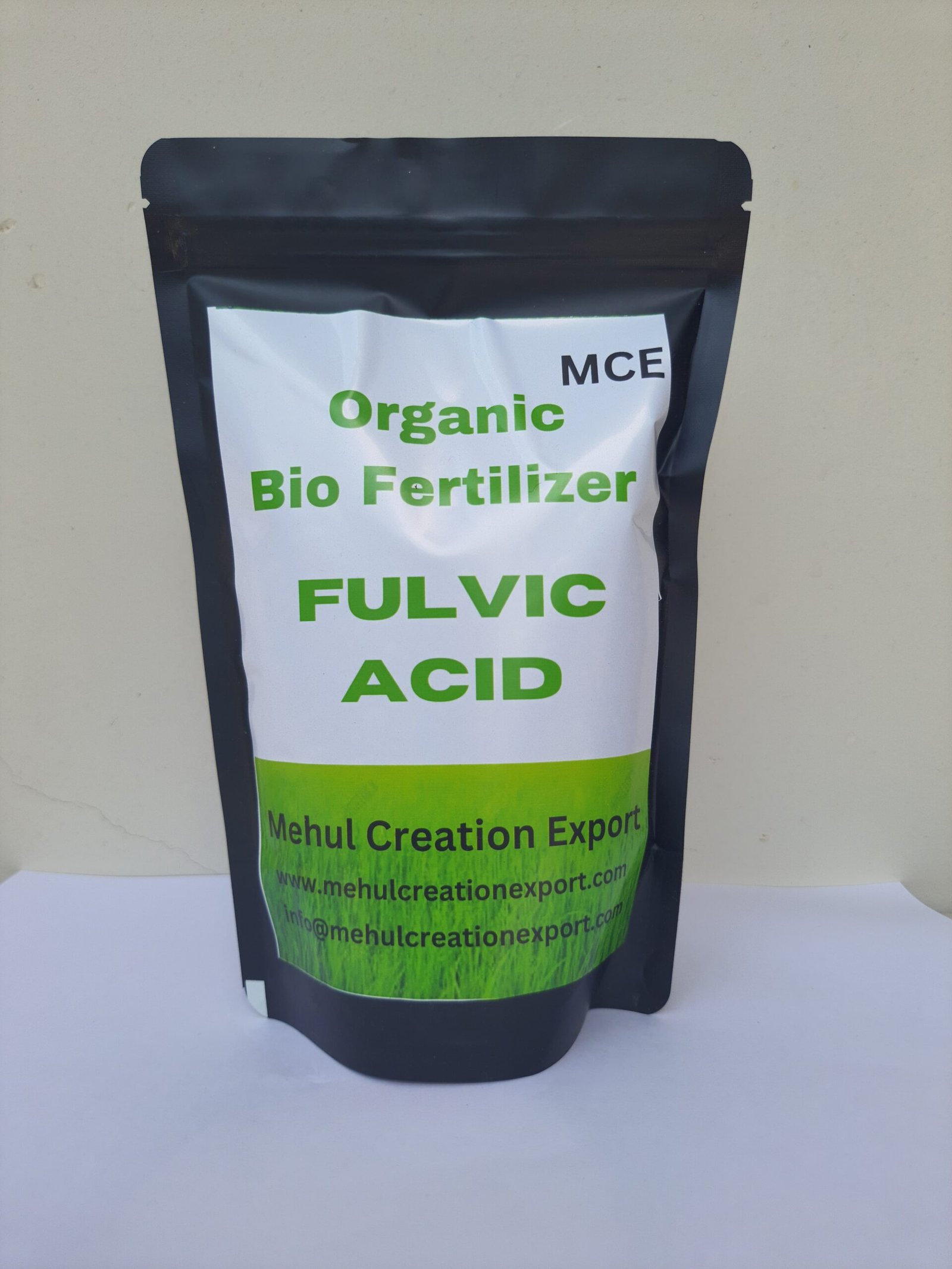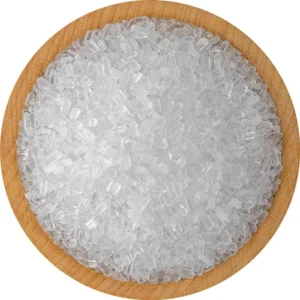Description
Fulvic acid, a key component of humic substances found in decomposed organic matter, is increasingly recognized for its remarkable benefits in agriculture, gardening, and environmental management. It is widely used as an organic fertilizer and soil conditioner due to its ability to enhance soil health, promote plant growth, and improve nutrient efficiency.
Advantages of Fulvic Acid
- Enhanced Nutrient Absorption
One of the most significant benefits of fulvic acid is its chelating properties. It binds with minerals and nutrients, making them more soluble and readily available to plant roots. This process ensures that plants receive a balanced diet of essential elements, improving their growth and health. - Improved Soil Health
Fulvic acid stimulates beneficial microbial activity in the soil. These microbes break down organic matter, releasing additional nutrients for plants. The organic nature of fulvic acid also helps to neutralize soil toxins, such as heavy metals, and restore degraded soils. - Increased Plant Resilience
Plants treated with fulvic acid exhibit better resistance to environmental stressors such as drought, salinity, and extreme temperatures. Fulvic acid strengthens plant cell walls and promotes efficient water use, ensuring survival under adverse conditions. - Eco-Friendly Alternative
Fulvic acid is a sustainable and environmentally friendly alternative to synthetic fertilizers. It reduces the dependence on chemical inputs, lowers the risk of nutrient leaching into water bodies, and supports organic farming practices. - Boosted Crop Yields and Quality
By improving nutrient uptake and soil health, fulvic acid contributes to higher crop yields and better-quality produce. Fruits, vegetables, and grains grown with fulvic acid often have enhanced flavor, size, and nutritional content. - Cost Efficiency
The use of fulvic acid reduces the need for large quantities of chemical fertilizers. By optimizing nutrient availability, farmers can achieve better results with fewer inputs, saving costs while promoting sustainable agriculture.
Conclusion
Fulvic acid is a natural powerhouse for agricultural and environmental applications. Its ability to improve soil health, enhance nutrient uptake, and promote sustainable practices makes it a vital tool for modern farming. Whether used in traditional agriculture, hydroponics, or gardening, fulvic acid offers a host of advantages that benefit plants, soil, and the environment. As demand for eco-friendly solutions grows, fulvic acid continues to gain prominence as an essential component of organic and sustainable farming practices.










